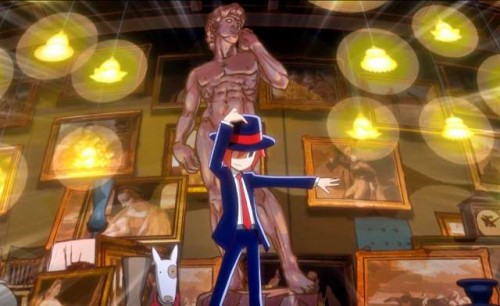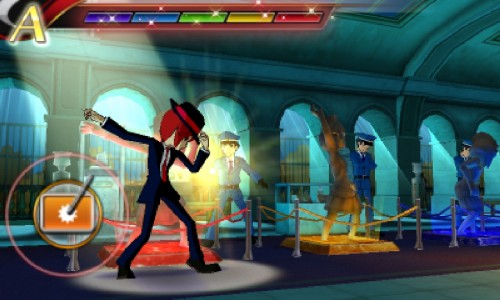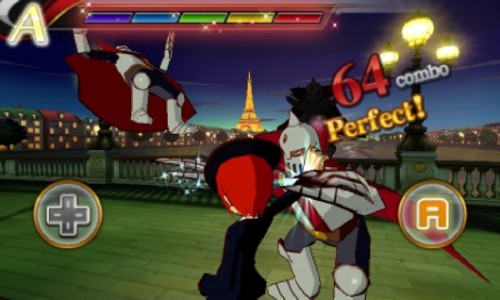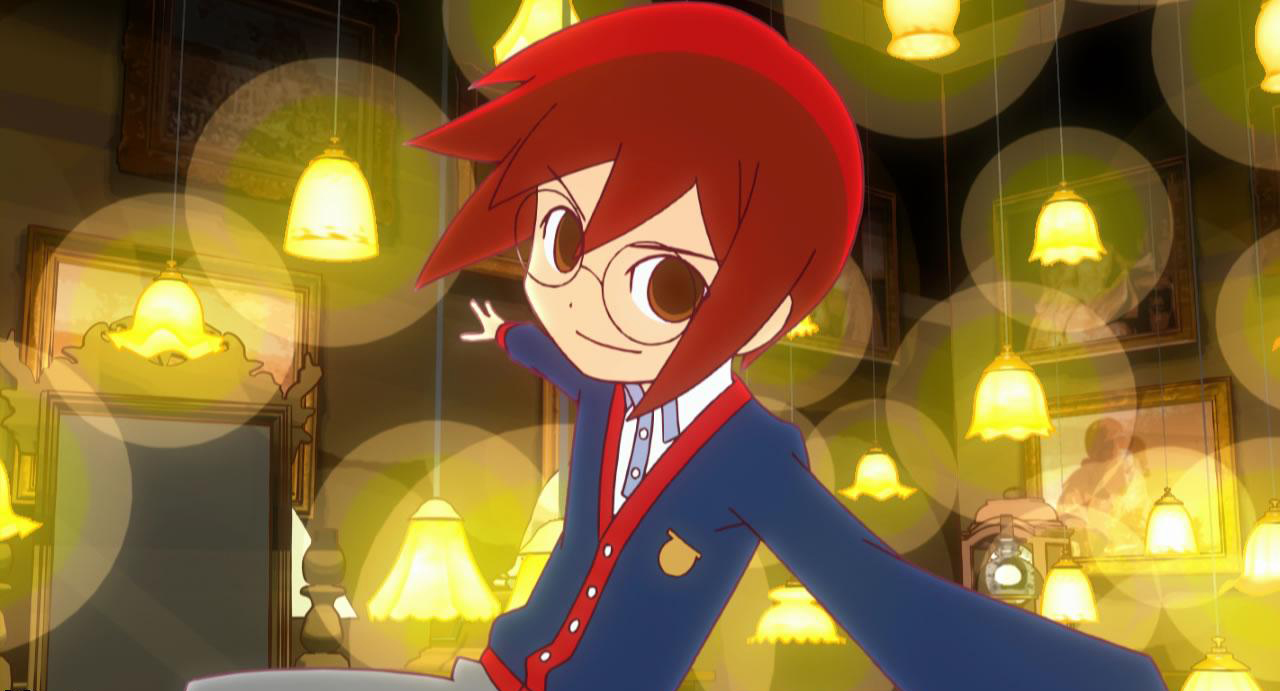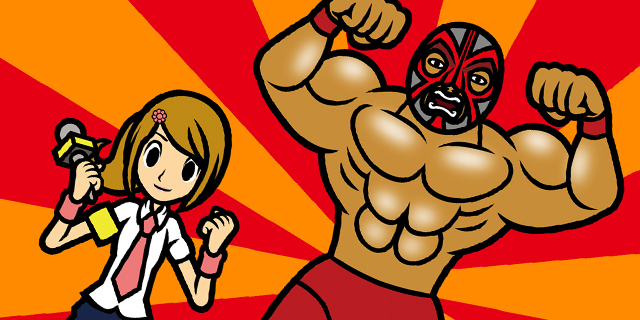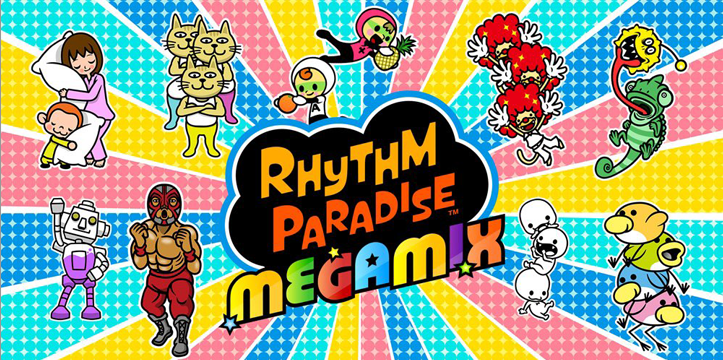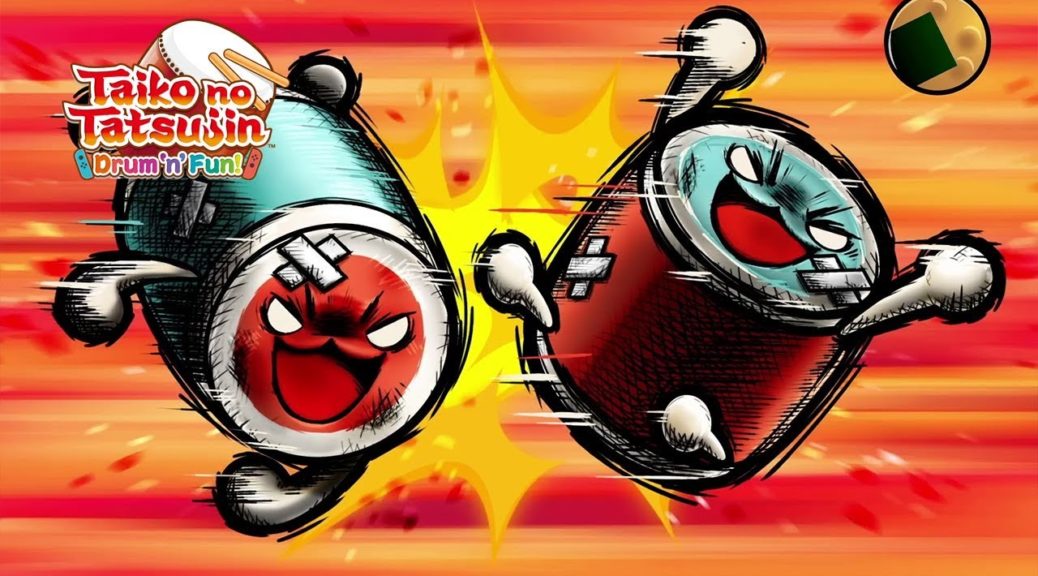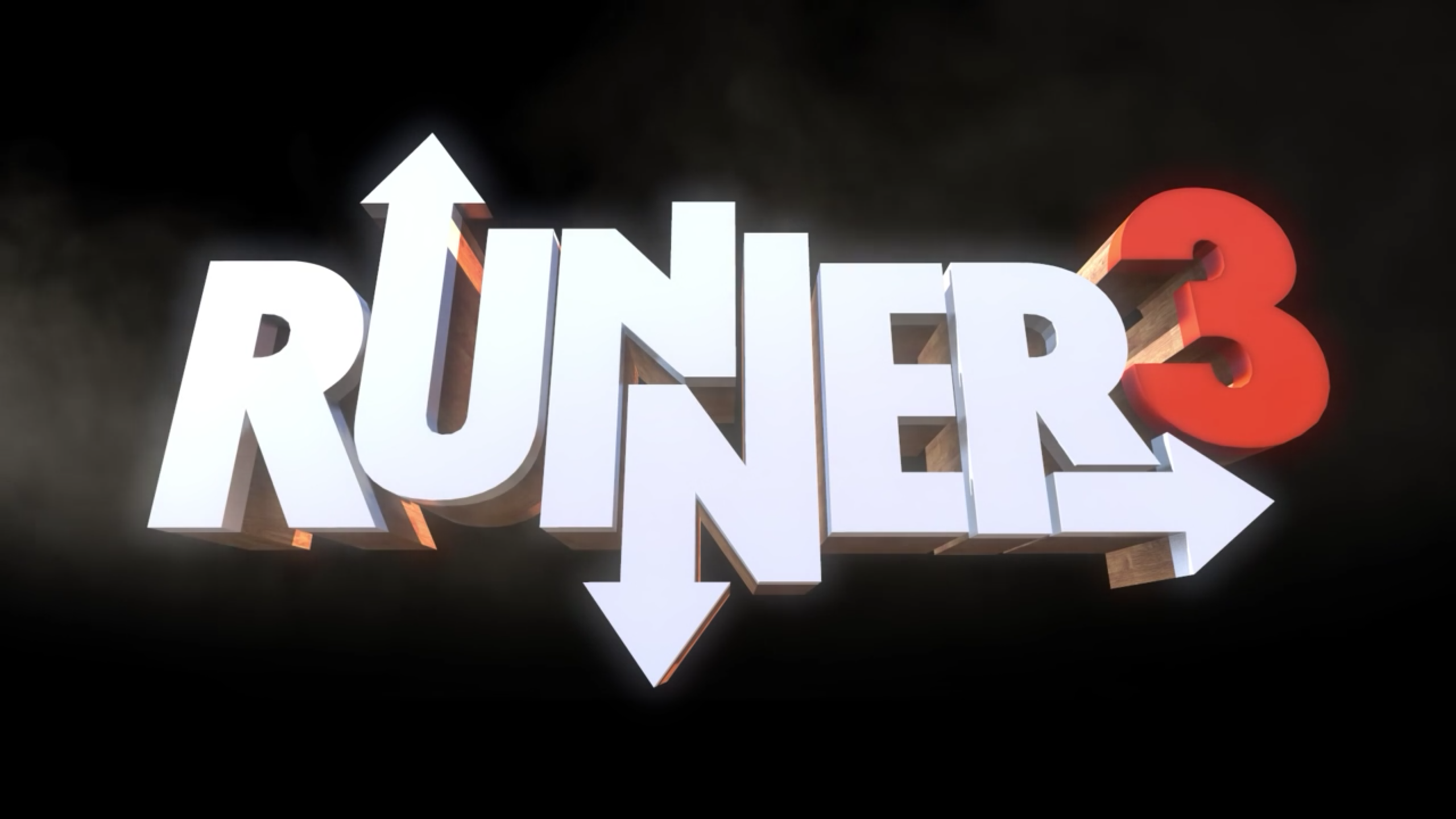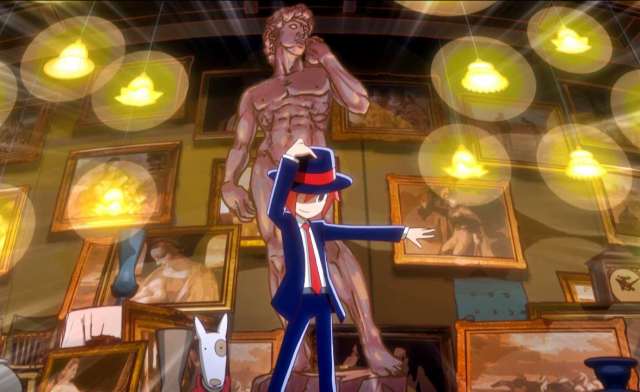
We Nintendo DS owners have been pretty spoiled for choice when it comes to rhythm games. There are of course the classics that many of us will look back on with fond memories (Ouendan/Elite Beat Agents,Rhythm Heaven) and others that aren’t quite as acclaimed, but are worthy in their own right (Feel the Magic,Beat City, Princess Debut). Nevertheless, the 3DS has impressive standards to live up to. There’s only a handful of rhythm games planned/released for the handheld so far and at the moment it looks like it’s doing a decent job, thanks in part to the recently released Rhythm Thief and the Emperor’s Treasure. Rhythm Thieffollows the adventures of a young man named Raphael, who leads a double life as Phantom R, a thief infamous for stealing famous works of art only to return them a few days later. As it turns out, Phantom R’s reasons for his strange crimes are very personal; he is trying to find his father who left without explanation a few years ago, leaving him a coin with a mark on it. The mystery grows deeper when he meets a girl named Marie, whose violin has the same mark on it, and a man claiming to be Napoleon Bonaparte who is looking for an artifact called the Dragon Crown. It all gets very complex for Phantom R, who needs to solve the mystery and protect Marie from Napoleon’s clutches, all while dodging Inspector Vergier of the police force and Charlie, a young detective.
It seems to be the case with rhythm games that it’s tricky to tie in a decent story with gameplay sections. However, Rhythm Thief is one of the games in recent memory that manages to pull this off well. When you’re not watching the gorgeously animated cutscenes (which look fantastic in 3D, by the way), you’re making your way through Paris and exploring each of the numerous and lovingly crafted areas. Professor Laytonplayers will probably find some similarities in the presentation, from the aesthetics to the collection of medals which can be spent on boosting your skills during rhythm games, which are found by tapping around the screen. The integration of rhythm games is quite similar to Professor Layton puzzle mini-games too, although as Rhythm Thief is much more action-packed, it lends itself to more dynamic scenarios which, most of the time, make perfect sense in context. One of my favourites had Phantom R dodging behind statues in order to avoid guards, which sees you tapping the right colour in time depending on which statue was next in the sequence. Another had Phantom R running away from security, while you have to press the A and B at the right times to jump over the guards or dodge under obstacles. There are even a couple which are cheeky throwbacks to Sega’s past rhythm game franchises, Space Channel 5 and Samba de Amigo. If there are any I didn’t like, it’s the more puzzle-based sections of the game which, at their core are very simple but with unnecessary rhythm elements tacked on (eg. Finishing an eight-note scale sequence in time with the other notes). I suppose it’s another way to bolster the fact that we are playing a rhythm game here, but it comes across as a cheap tactic.
The use of the 3DS’s numerous control capabilities is imaginative, and as I’ve hinted at before, the game makes use of not just the touch screen, but also the face buttons and the gyroscope, with some of the mini-games even combining them. For the most part these handle quite well (even the gyroscopic ones!), although I found the game occasionally had difficulty registering which direction I was sliding my stylus in. Such mess-ups, whether blamed on the game or on yourself, deplete your Groove Gauge. This also doubles as a meter that determines what rank you get for the stage. Likewise, hitting the cues with varying degree of perfection decides how quickly your gauge fills. What I didn’t like about the way this was handled is the fact that one screw-up can knock your gauge down from an A to a C. Heaven help you if you make a mistake near the end of the stage too – your overall rank is determined not by your score (which is only displayed at the results screen), but by your rank at the end of the mini-game. However, I was pleased to note that stages that rely heavily on visual cues made distinctions between clues clear, which could have easily been frustrating if they hadn’t. In terms of replayability, the main story is quite short, although there are a number of sidequests that can be completed to unlock extra scenarios. There’s even one that requires you to go back and ace all the rhythm games, which alone is bound to tack a few hours of playing time on.
With Rhythm Thief being a music game, the audio is of utmost importance. The music, both during the mini-games and exploration sequences, does not disappoint at all, being quite varied and suitable for the scenarios they present. There are even a few classical music covers like Air in G and Blue Danube Waltz, which helped me ace a few stages. Voice acting, on the other hand, is very hit and miss. Despite being set in France, Raphael has an inexplicable American accent and Marie and Charlie sound like posh Brits. On the other end of the scale, you have Napoleon and Inspector Vergier who actually sound French and who add a lot of character to the game. This game also indulges heavily in a rather silly pet peeve of mine, where the subtitles are completely different to what is being said.
I have to admit that I was wary about Rhythm Thief. I went in expecting Professor Layton with boring characters and rhythm games, but was pleasantly surprised with how good it ended up being. The characters are surprisingly enjoyable and the story well-written, with quite a few twists and turns along the way. The rhythm games are creative, varied and well-integrated with the storyline, although I’m disappointed with how grading works. The game also does a good job of reinforcing the idea that Paris is a charming city, due to the amazing visuals and wonderfully crafted music. If you’re a fan of rhythm games, Rhythm Thief is definitely one to pick up.
Creative and varied mini-games | Gameplay integrates well with story | France
Hit and miss voice acting | Grading system is silly

